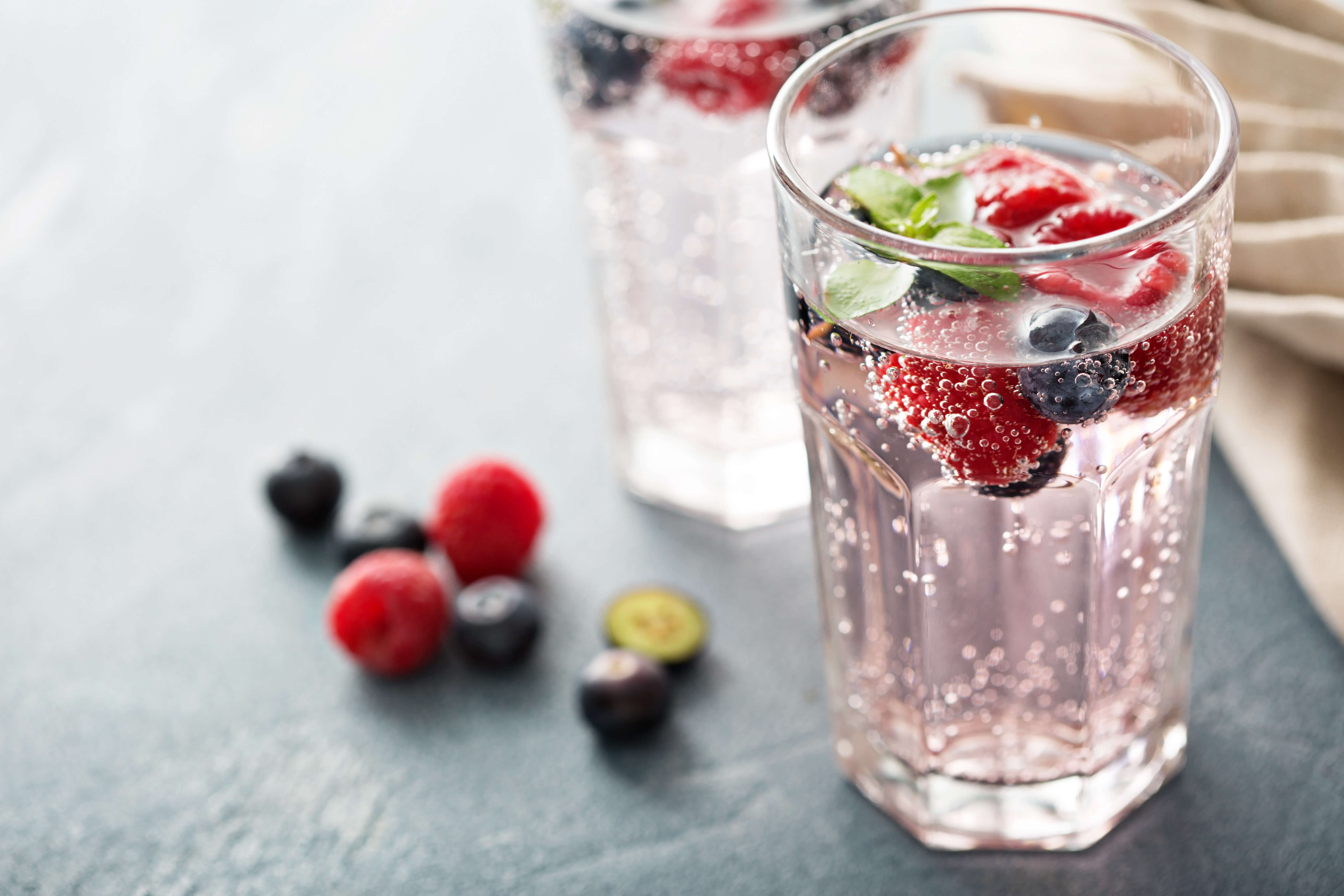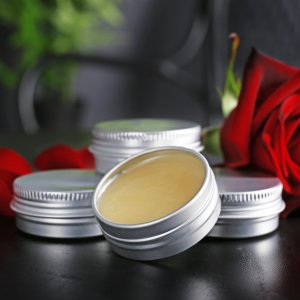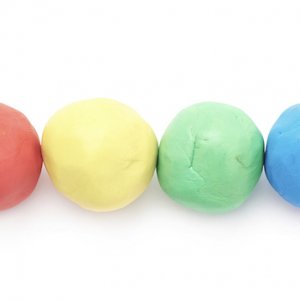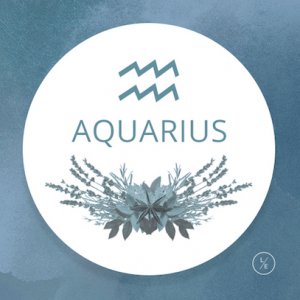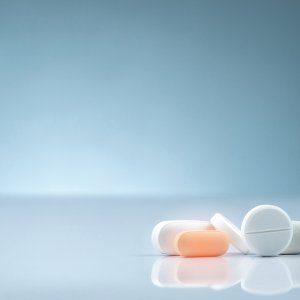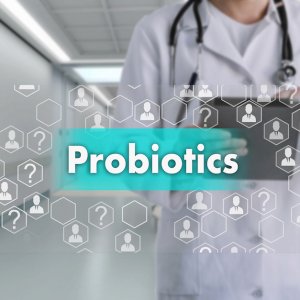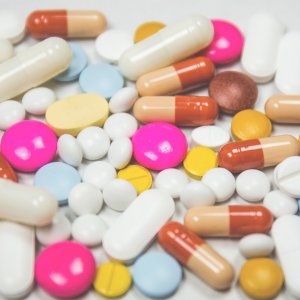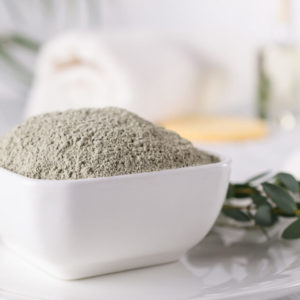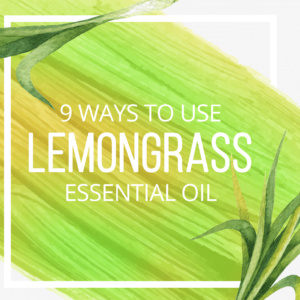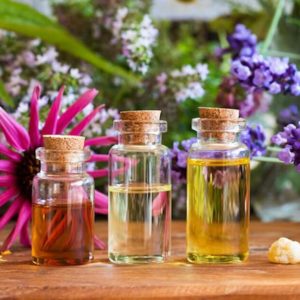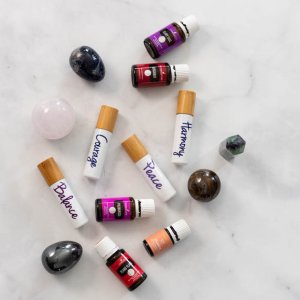LaCroix flavored water is a popular no calorie beverage that many wellness junkies prefer over sugary sodas. But LaCroix just got hit with a class action suit that has lots of wellness mavens questioning whether or not to drink it. So what are the allegations against the water company in the LaCroix class action lawsuit, and should you believe the hype? To drink or not to drink, that is the question.
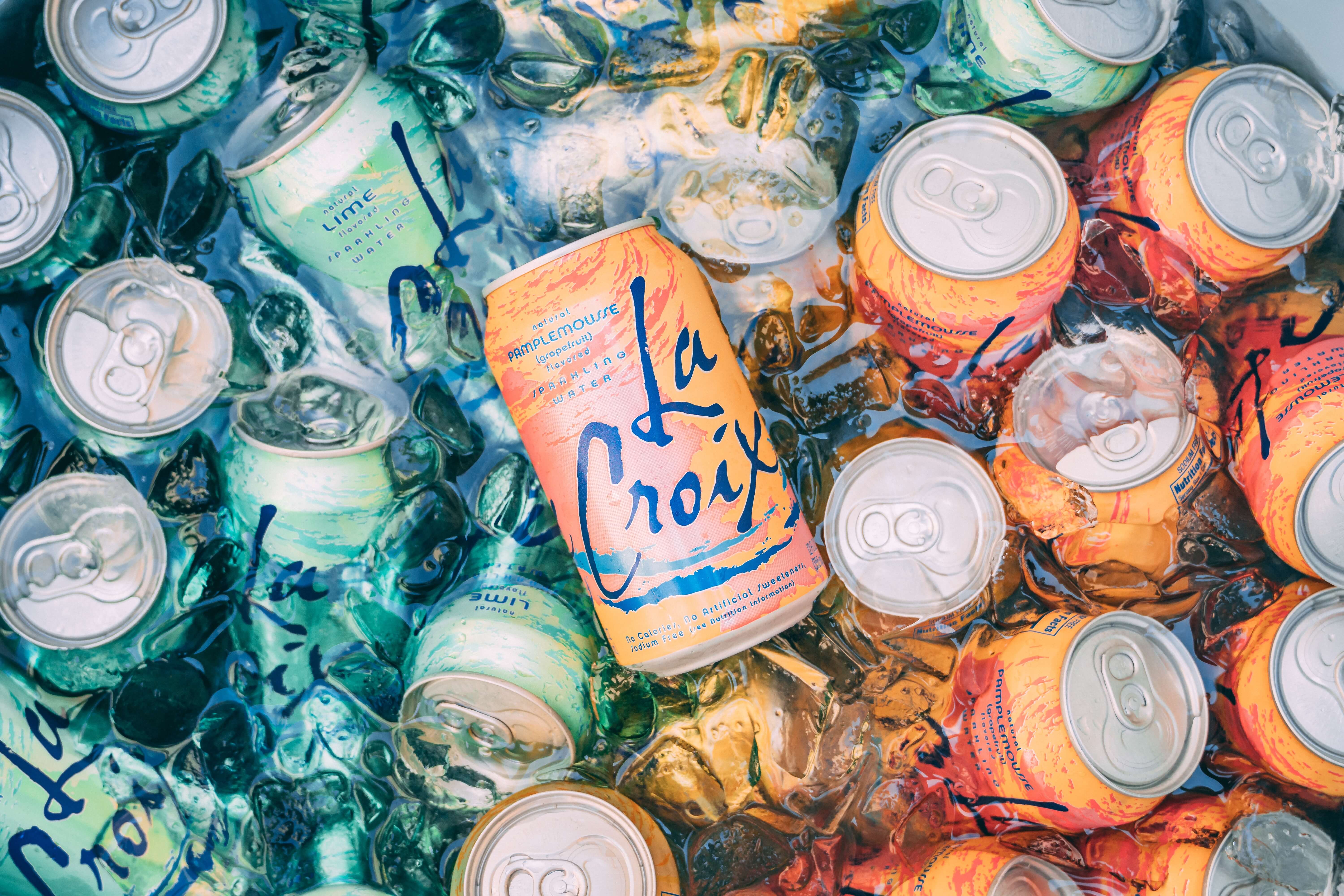
Is your favorite drink a cockroach killer?
At the center of this lawsuit is how LaCroix flavors their beverages. They claim to use “all natural” ingredients, but the suit claims that the drinks contain several artificial ingredients.
There are two chemicals specifically listed. The first is linalool, sensationalized in the headlines as a common ingredient in insecticide. And the second is linalool propionate (aka linalyl propionate for all you who want easier chemistry research), a common food flavoring and perfume material.
So are they “Natural” or Not?
This question is at the core of the case, and it honestly is at the core of what drives so many readers of this blog. How do we decide what is truly natural and what is not?
It is true, both linalool and linalyl propionate are natural ingredients. Linalool is a chemical compound in a wide variety of plants including lavender, coriander, basil, petitgrain, and cilantro. Linalyl propionate is a constituent in ginger, lavender, and sage. Both compounds are very commonly found as additives in foods, beverages, and fragrances.
The lawsuit alleges that LaCroix may use synthetic sources of these natural ingredients and label the product as natural.
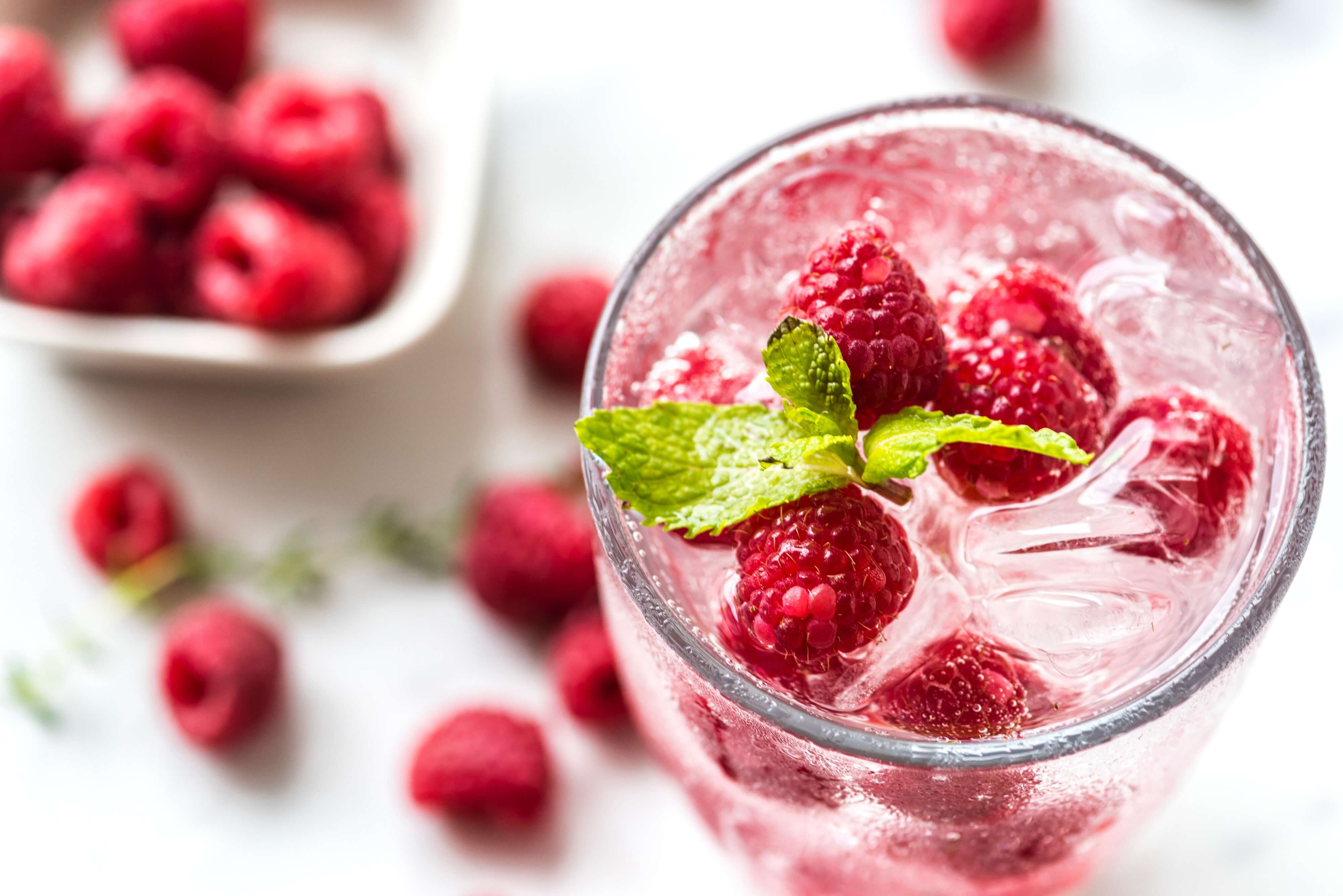
But, Can’t We Believe the Labels?
Many savvy consumers spend tons of time reading labels extensively. But the Food and Drug Administration does not have strict guidelines on the labeling of “natural” products. The agency has stated that they expect that products labeled as all natural have “nothing artificial or synthetic (including all color additives…) included in, or added to, a food that is not normally expected in that food.”
That last phrase “not normally expected to be in that food” leaves a lot up to interpretation when it comes to the addition of synthetics.
Let’s Talk Chemistry
From a chemical perspective, it is impossible to have isolated linalool or linalyl propionate without some kind of chemical manipulation. That is because neither compound occurs in isolation; they are always in a mixture. In fact, these two chemical constituents are very commonly found together.
This process is not synthesis (which is the production of new chemical entities using more simple molecules). Rather, it is fractionation (the separation of certain chemical constituents from a mixture of other chemical constituents).
LaCroix contends that the ingredients in their beverages come from plant essences, i.e. they are plant fractions. If this is true, then from a chemistry point of view, they are not synthetics. If, on the other hand, they started from more simple molecules and built them up into linalool or linalyl propionate molecules, then they are considered synthetic versions.
I am unable to comment on which approach LaCroix takes as I am not privy to their proprietary processes.
In two separate documents, the FDA recognizes both synthetic linalool and linalyl propionate as generally safe for human consumption.
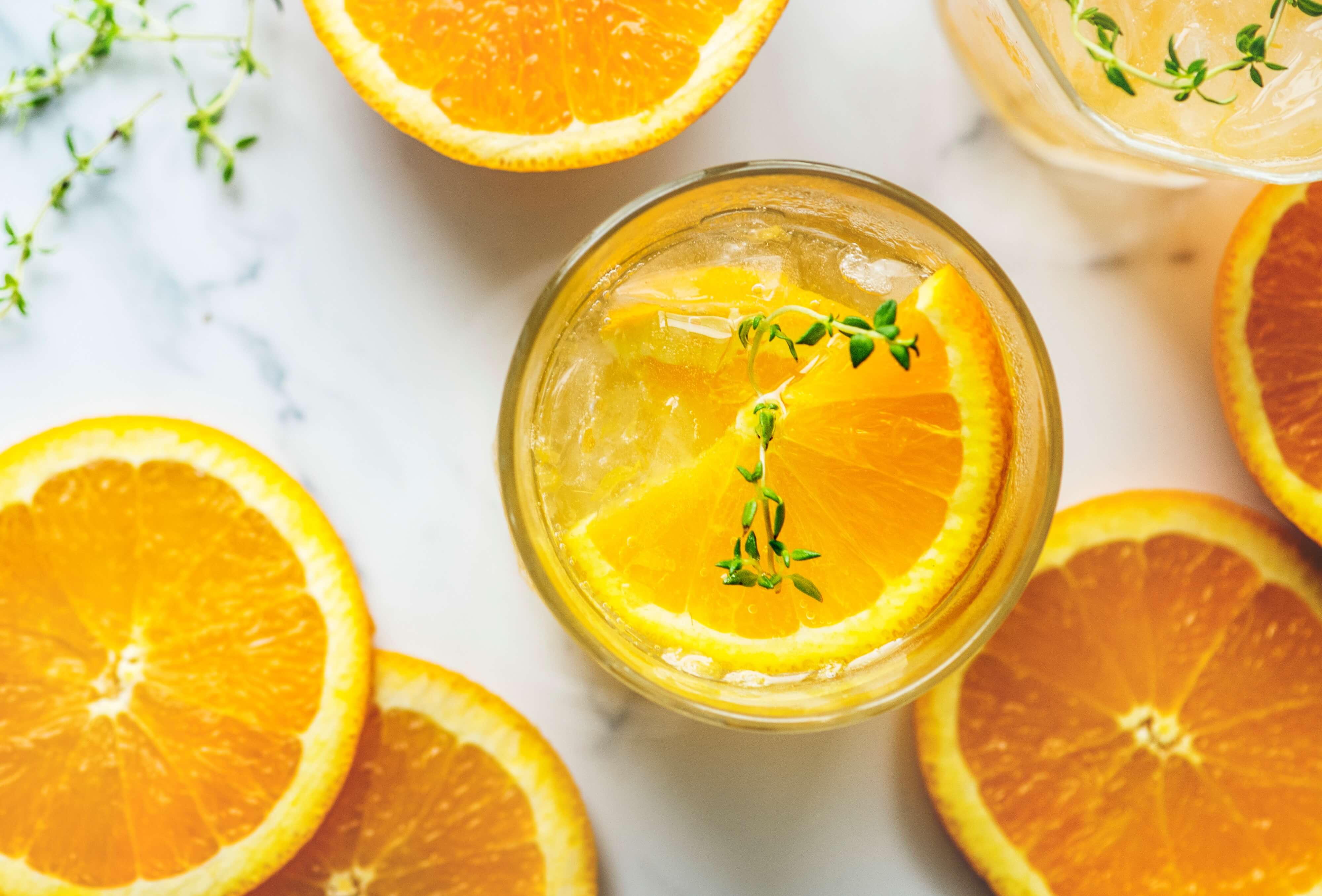
Now the Real Question: Do You Care?
Given that the results are the same: you eventually get linalool and linalyl propionate, do you care if it comes from a plant fraction or from synthesized smaller molecules?
The fact of it is that plant chemicals, both from fractions and synthetics, are in hundreds if not thousands of foods, beverages, gums, soaps, personal care products, home care products, and yes, even cockroach killer.
If you answer a resounding “Yes, I refuse all synthetics and fractions!” Cool, just be very cautious to check the labels of any food or beverage that has been through any type of processing as they may contain synthetics plant fractions. Perhaps try making your own soda at home with purified water, essential oils, and fruit juices.
If you choose to accept that there might be a synthetic version of a natural product in foods and beverages, then drink up.
What’s your choice? Comment below.
Want to Read More?
Come check out this blog post on how to make your own Ginger-Lime Mocktail!
